- Home
- About Us
- TSPT Academy
- Online Courses
-
Resources
- Newsletter
- Business Minded Sports Physio Podcast
- Day in the Life of a Sports PT
- Residency Corner
-
Special Tests
>
-
Cervical Spine
>
- Alar Ligament Test
- Bakody's Sign
- Cervical Distraction Test
- Cervical Rotation Lateral Flexion Test
- Craniocervical Flexion Test (CCFT)
- Deep Neck Flexor Endurance Test
- Posterior-Anterior Segmental Mobility
- Segmental Mobility
- Sharp-Purser Test
- Spurling's Maneuver
- Transverse Ligament Test
- ULNT - Median
- ULNT - Radial
- ULNT - Ulnar
- Vertebral Artery Test
- Thoracic Spine >
-
Lumbar Spine/Sacroiliac Joint
>
- Active Sit-Up Test
- Alternate Gillet Test
- Crossed Straight Leg Raise Test
- Extensor Endurance Test
- FABER Test
- Fortin's Sign
- Gaenslen Test
- Gillet Test
- Gower's Sign
- Lumbar Quadrant Test
- POSH Test
- Posteroanterior Mobility
- Prone Knee Bend Test
- Prone Instability Test
- Resisted Abduction Test
- Sacral Clearing Test
- Seated Forward Flexion Test
- SIJ Compression/Distraction Test
- Slump Test
- Sphinx Test
- Spine Rotators & Multifidus Test
- Squish Test
- Standing Forward Flexion Test
- Straight Leg Raise Test
- Supine to Long Sit Test
-
Shoulder
>
- Active Compression Test
- Anterior Apprehension
- Biceps Load Test II
- Drop Arm Sign
- External Rotation Lag Sign
- Hawkins-Kennedy Impingement Sign
- Horizontal Adduction Test
- Internal Rotation Lag Sign
- Jobe Test
- Ludington's Test
- Neer Test
- Painful Arc Sign
- Pronated Load Test
- Resisted Supination External Rotation Test
- Speed's Test
- Posterior Apprehension
- Sulcus Sign
- Thoracic Outlet Tests >
- Yergason's Test
- Elbow >
- Wrist/Hand >
- Hip >
- Knee >
- Foot/Ankle >
-
Cervical Spine
>
- I want Financial Freedom
- I want Professional Growth
- I want Clinical Mastery
|
One of the concepts we like to teach at Optim Manual Therapy is developing hypotheses of sources of injury. As soon as you see the script (if you get one) or the location of pain on the intake form, you should immediately have several hypotheses for pain. I recommend at least 5. For example, if someone comes in with lateral ankle/foot pain, my initial hypotheses may include: This list is not all inclusive as there are other potential sources of pain, such as a fracture. Additionally, this list is not mutually exclusive. For example, when someone rolls their ankle, a lot of times they have ligamentous disrution, strain of peroneal tendons, cuboid dysfunction, and intermediate dorsal cutaneous neural tension. Walking abnormally for awhile after injury can then lead to back issues and potentially S1 radiculopathy. Now this is an extreme case, butwe want to be able to narrow down our hypotheses in order to better manage the patient. Following the subjective interview, we should be able to eliminate a couple hypotheses and each remaining one should have some sort of reasoning behind it. Finally, we can use our objective testing to further narrow down our hypotheses to a final PT diagnosis. While we call it final, it doesn't have to be. Sometimes, throughout our treatment, our diagnosis changes based on a patient's response or lack of response to treatment. While we like to challenge our COMT and Fellowship participants to identify possible structures of injury, it is important to remember the involvement of the central nervous system. There are many cases where it is not truly a structural issue and instead we need to focus on retraining the nervous system, especially in chronic pain patients. In these types of patients, it is essential that a non-structural assessment is taken into play and instead is shifted towards a functional assessment. We worry less about pain, other than re-educating the patient on pain science, and more about improving their livelihood and activity. -Dr. Chris Fox, PT, DPT, OCS
0 Comments
Leave a Reply. |
Dr. Brian Schwabe's NEW Book in partner with PaleoHacks!
Learn residency-level content on our
Insider Access pages We value quality PT education & CEU's. Click the MedBridge logo below for TSPT savings!Archives
July 2019
Categories
All
|

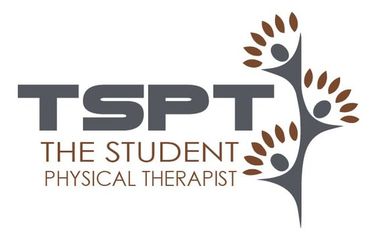
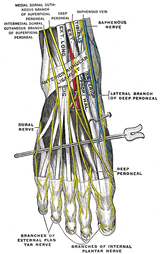
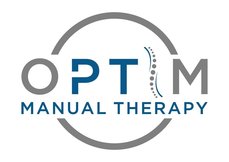
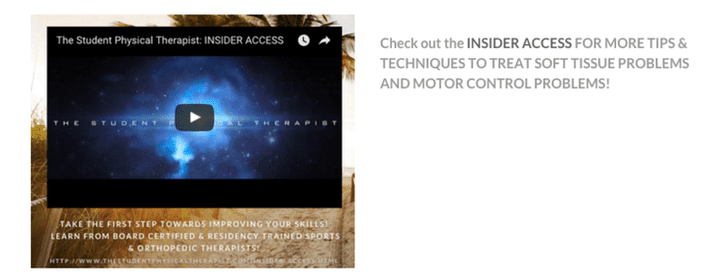
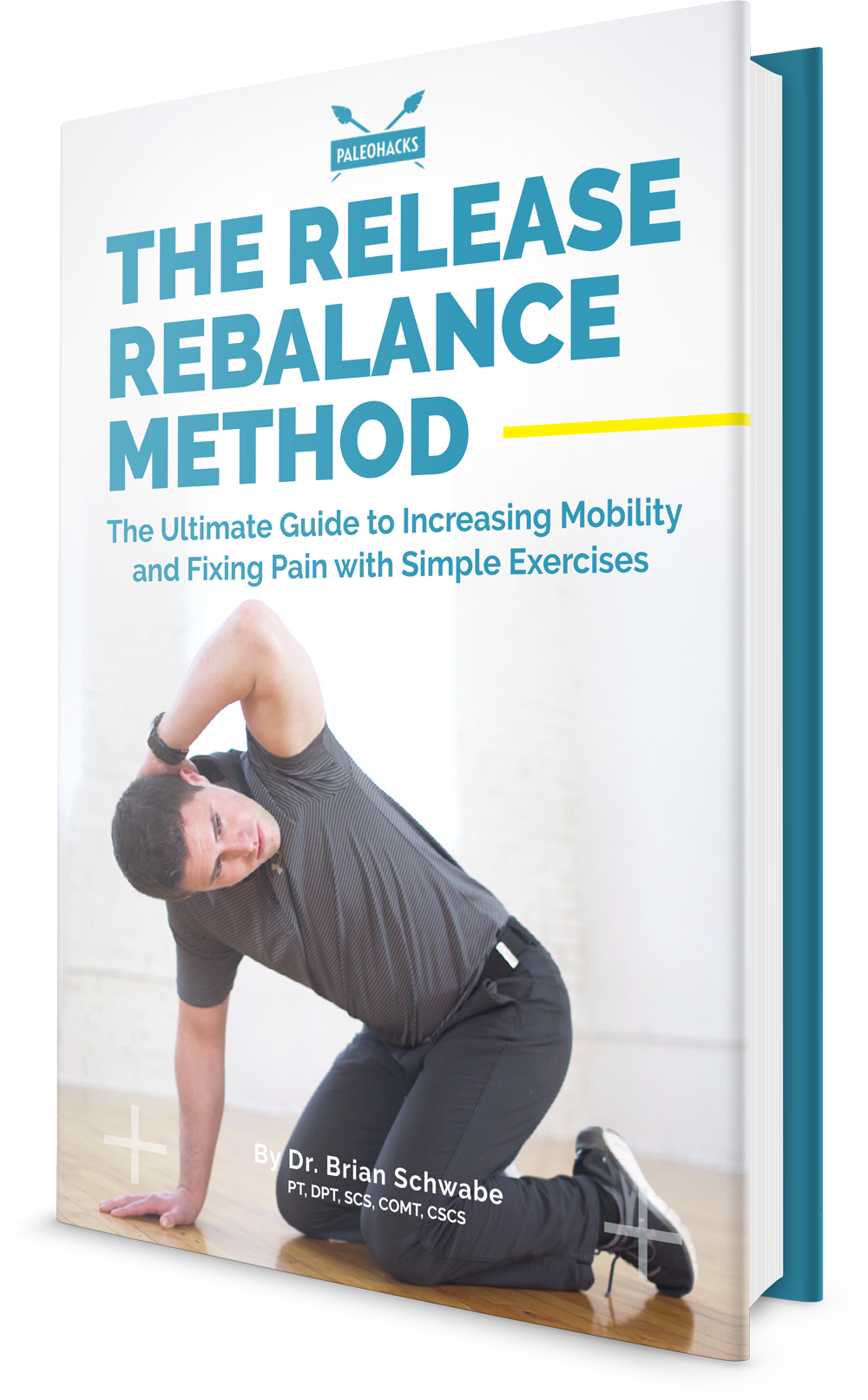



 RSS Feed
RSS Feed